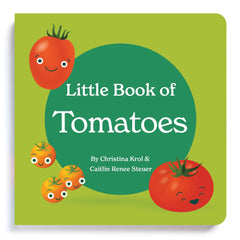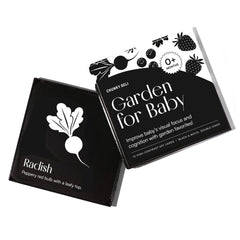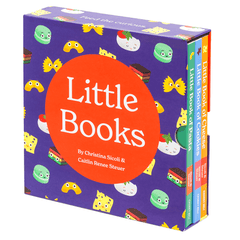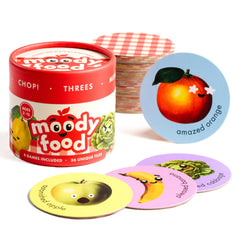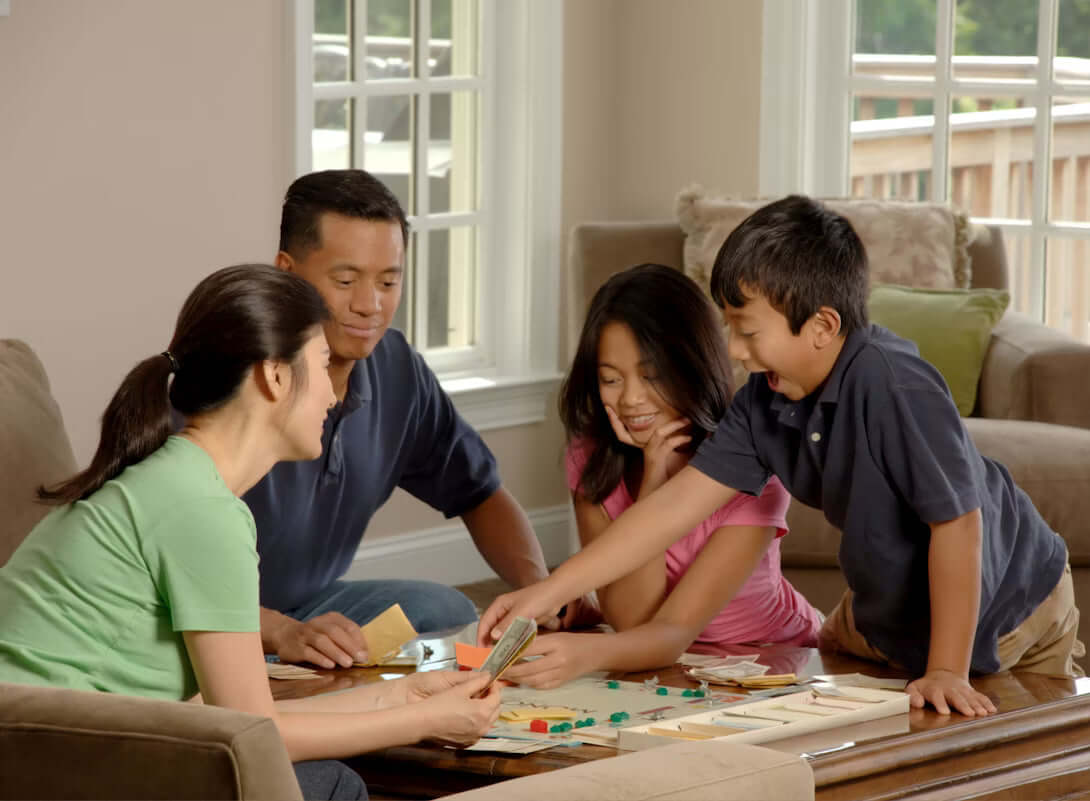What is emotional intelligence and why is it important for kids?
Emotional intelligence is the ability to understand and manage your own emotions and to recognize and influence the emotions of those around you. For kids, developing emotional intelligence, often referred to as social emotional learning, is crucial. It helps them build stronger relationships, handle conflicts constructively, and navigate the complexities of growing up with confidence. Games are a fun and effective way to teach these vital skills.
Moody Food: A Delicious Way to Learn
At Chunky deli, we believe that learning should be as enjoyable as a good meal. That's why we created Moody Food, an interactive game designed to expand your child's emotional vocabulary. Through colorful illustrations and engaging gameplay, Moody Food helps children identify different feelings and learn how to express them in a healthy way. It's more than just a game; it's a tool for starting meaningful conversations about emotions.
A List of Other Top Emotional Intelligence Games
While we're partial to Moody Food, we know there are other great emotional intelligence games on the market. Here are a few to consider, each with its own unique benefits:
-
Feelings Uno: A twist on the classic card game, this version replaces numbers with feelings, prompting players to discuss emotions as they play.
-
Pros: Familiarity makes it easy to learn; great for introducing the concept of different emotions.
-
Cons: Less structured than dedicated educational games.
-
-
The Social & Emotional Learning Card Game: This deck features various scenarios that encourage players to think about and discuss their feelings.
-
Pros: Promotes empathy and problem-solving skills; useful for group settings.
-
Cons: Can feel a bit like a classroom exercise rather than a game.
-
-
Mindful Maze: A game that uses mindfulness techniques to help kids calm down and focus.
-
Pros: Excellent for teaching self-regulation; fun and engaging brain games for kids.
-
Cons: May not focus as much on identifying specific emotions.
-
Tips for Facilitating Emotional Conversations
The real magic of these games happens during the conversations they spark. Here are some tips to make the most of your family game night:
-
Ask open-ended questions like, "What does it feel like to be angry?" or "How would you handle this situation?"
-
Use a feelings chart to help younger children name what they're feeling.
-
Validate their emotions by saying things like, "It's okay to feel sad sometimes."
Ready to start the conversation?
Get Moody Food today and watch your child's emotional vocabulary grow!


